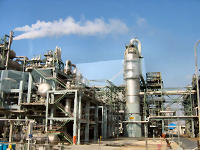
ABOVE: Iran’s 9th Olefin Petrochemical
Complex
Earlier this month, French corporation Cryostar SA entered a guilty plea to various export violations arising from its role in a scheme to export cryogenic pumps for installation in the 9th Olefin Petroleum Complex in Iran.
In 2001 a French company, identified only as “TN,” approached Ebara International Corp., Inc., a manufacturer and distributor of cryogenic pumps, i.e., pumps designed to work with liquids at very low temperatures, and sought to purchase various cryogenic pumps worth almost $750,000. The two companies enlisted Cryostar to act as an intermediary in the plan. The pumps were sold to Cryostar in France, which then resold the pumps to “TN,” which, in turn, exported the pumps to Iran. Cryostar created false invoices indicating that it was the end user of the pump.
Cryostar has no offices in the United States, and it does not appear that any company employees entered the United States in connection with this transaction. Rather the jurisdictional bases for the prosecution are (1) the questionable theory that the items involved were U.S.-origin items and (2) the much sounder theory that Cryostar participated in misrepresentations to U.S. authorities.
Of course, the real question is what motivated Cryostar to get involved in this deal in the first place. Why weren’t the items exported directly to “TN,” which could have held itself out as the end user of the items in France? Well the answer to that question becomes clearer once a reasonable surmise is made as to the identity of “TN.”
The DOJ press release on the guilty plea identifies “TN” as “a a French company with a U.S. subsidiary.” An article on the Chemicals Technology website, notes that French company “Technip and its Iranian partner Nargan were awarded the engineering, procurement and construction contract for the” petrochemical facility. And Technip has a U.S. subsidiary.
Now, this is not proof that Technip is the same company as “TN,” but it is certainly a reasonable surmise. Additionally, since Technip’s participation in the Iranian project was well-known, this explains why it would have sought an intermediary to make the false claim that the pumps were being installed in France. Such a claim from Technip would have been less believable.
Under the written plea agreement, Cryostar has agreed to a fine of $500,000 and two years corporate probation. I imagine that the execs at Cryostar are now ruing the day that agreed to a corporate favor for another French company. They may have been hoping for a few dinners at Pierre Gagnaire paid for by Technip, but wound up getting more than they bargained for.

 Posted by
Posted by  Category:
Category: 

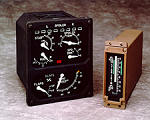
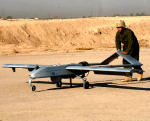
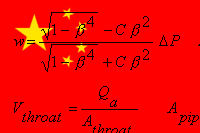 The Chi Mak case has engendered its fair share of confusion, and the latest victim is a trade law attorney who submitted a brief article to an export law newsletter that was published today. According to that article, the verdict in Chi Mak stands for the proposition that public domain data about defense articles can’t be exported to China. That’s simply wrong and betrays a fundamental misapprehension both of the International Traffic in Arms Regulations (“ITAR”) and what went on in the Chi Mak case. (Fair disclosure: I advised the Chi Mak defense team on the public domain issue in that case).
The Chi Mak case has engendered its fair share of confusion, and the latest victim is a trade law attorney who submitted a brief article to an export law newsletter that was published today. According to that article, the verdict in Chi Mak stands for the proposition that public domain data about defense articles can’t be exported to China. That’s simply wrong and betrays a fundamental misapprehension both of the International Traffic in Arms Regulations (“ITAR”) and what went on in the Chi Mak case. (Fair disclosure: I advised the Chi Mak defense team on the public domain issue in that case).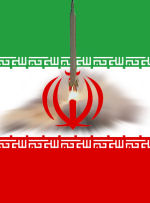 Yesterday the Senate Finance Committee
Yesterday the Senate Finance Committee 

